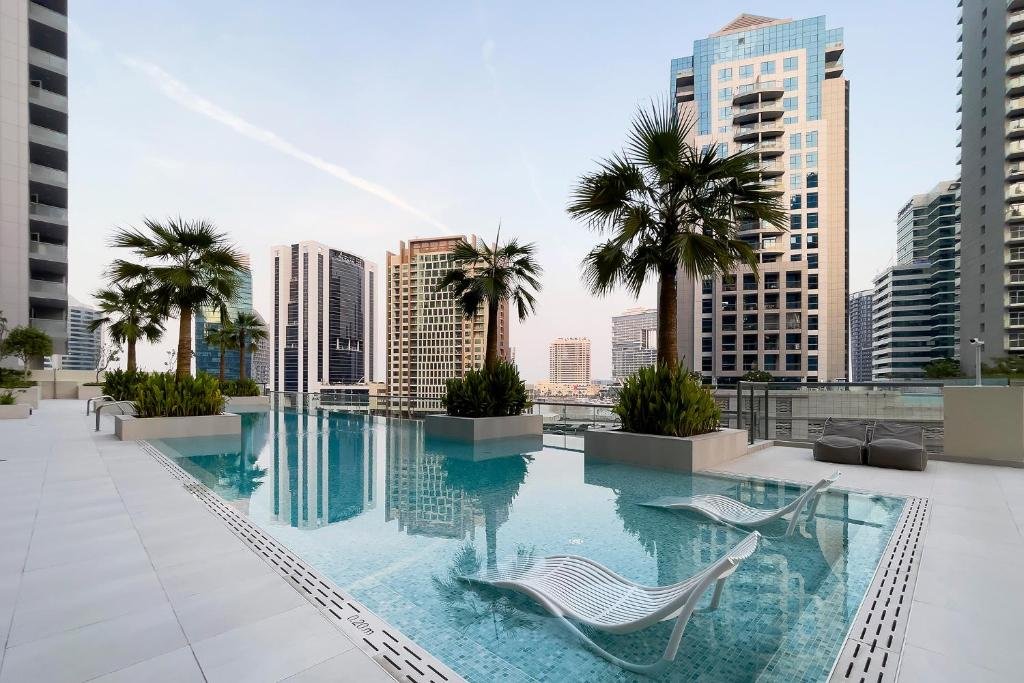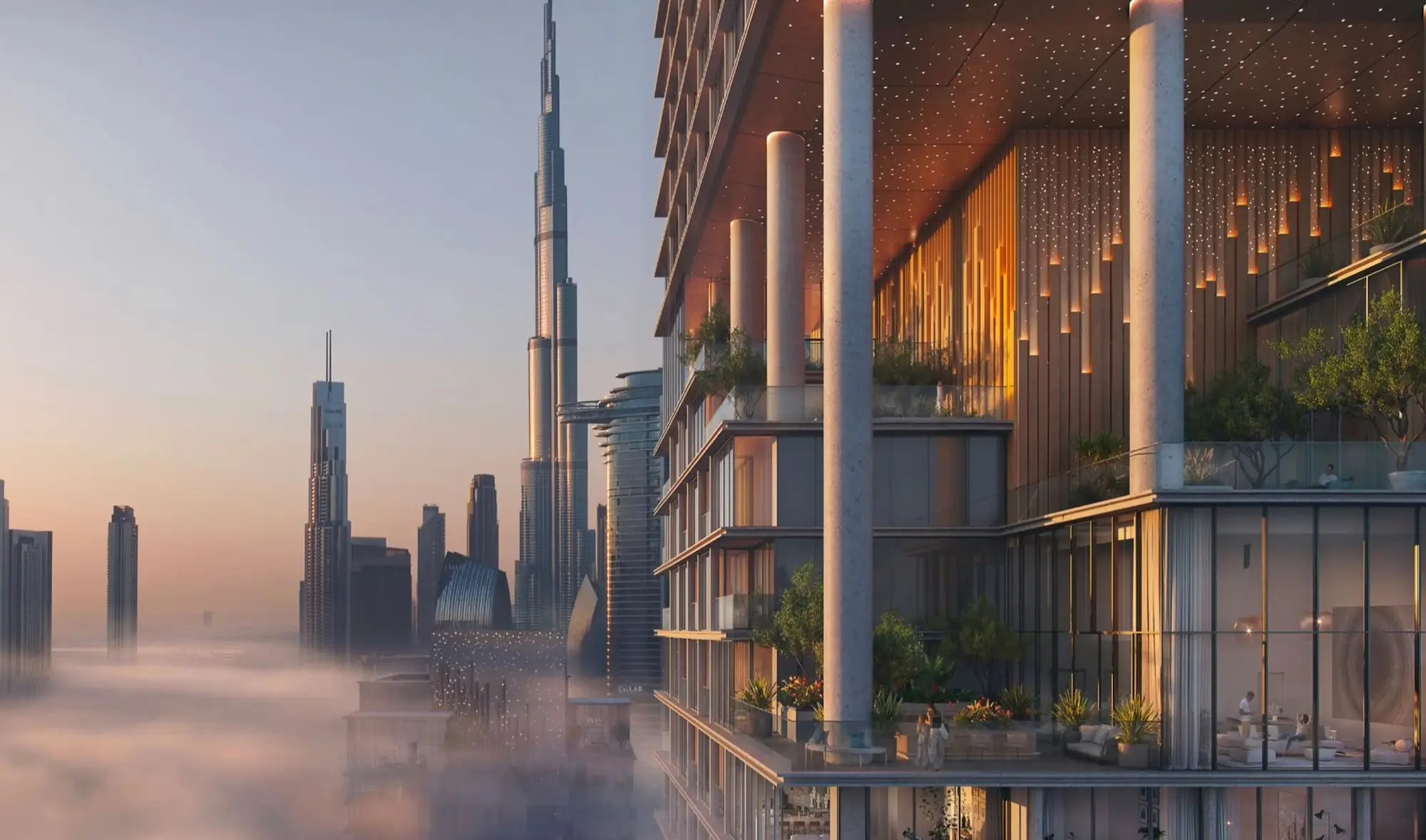Now Reading: Buying Property in Dubai: Secrets Developers Don’t Tell You
-
01
Buying Property in Dubai: Secrets Developers Don’t Tell You
Buying Property in Dubai: Secrets Developers Don’t Tell You

Buying property in Dubai has long been seen as a lucrative opportunity for investors, expats, and luxury buyers alike. With the city’s iconic skyline, booming tourism, and investor-friendly policies, it’s no wonder that Dubai continues to attract global attention. However, while developers often present a glamorous picture of real estate opportunities, there are several secrets and nuances that they may not openly discuss. Understanding these “hidden truths” can save buyers from costly mistakes and help them make more informed decisions.
In this article, we’ll explore the key aspects that developers often don’t tell you, from hidden fees to off-plan risks, and offer practical advice for anyone looking to invest in Dubai’s property market.
1. Off-Plan Properties Are Not Always Risk-Free
One of the most marketed offerings by developers in Dubai is off-plan properties. These are homes or apartments sold before construction is complete. While off-plan properties promise attractive payment plans and potential high returns, there are some hidden realities. Developers often promise a fixed handover date, but construction delays are common, sometimes extending by months or even years. Buying off-plan also means locking in a price today, but market conditions may change by the time your property is ready, and some developers make minor changes to layouts or finishes without updating buyers, which may not align with your original expectations.
Pro Tip: Always read the contract carefully and confirm clauses related to delays, penalties, and design changes before committing.
2. Hidden Fees Can Add Up Quickly
Many buyers are drawn to attractive listing prices but may overlook additional costs. Developers sometimes understate or don’t highlight these fees upfront. These can include annual service charges and maintenance fees, registration and transfer fees (Dubai Land Department charges a 4% transfer fee on property sales), and agent commissions if you work through a broker.
Pro Tip: Budget for at least 10–15% above the property’s listed price to cover all hidden fees comfortably.
3. The Reality of Rental Yields
Dubai often markets properties as high-yield investments, especially in areas like Dubai Marina or Downtown Dubai. However, developers sometimes overstate rental income potential. Variable occupancy rates, market saturation, and management costs for property management companies can all reduce expected rental income.
Pro Tip: Conduct thorough research on historical rental yields in your chosen area and consult multiple sources before relying on projected income figures.
4. Location Marketing Can Be Misleading
Developers often highlight “prime locations” to attract buyers, but it’s important to look beyond marketing slogans. Future infrastructure plans, proximity to busy roads or construction, and neighborhood growth timelines all affect property value.
Pro Tip: Visit the area at different times of day and speak to current residents to get an authentic sense of the neighborhood.
5. Financing Challenges Are Often Underestimated
While Dubai allows foreign investors to purchase property with relative ease, financing can have hidden complexities. High down payments, variable interest rates, and restrictions on financing off-plan properties are common.
Pro Tip: Explore multiple banks and mortgage options before signing any purchase agreement. Pre-approval is better than relying solely on developer promises.
6. Resale Value May Differ from Developer Promises

Some developers hint at guaranteed capital appreciation, but real estate markets are unpredictable. Over-supply, economic fluctuations, and the importance of location versus brand can all affect resale value.
Pro Tip: Don’t rely solely on marketing forecasts. Check historical resale trends for similar properties in the area.
7. Legal Clauses Favor Developers
Contracts in Dubai are generally developer-friendly. Penalty clauses for late payments, limited warranty coverage, and clauses allowing project modifications are common.
Pro Tip: Always engage an independent real estate lawyer familiar with Dubai property law before signing contracts.
8. Amenities May Not Be Fully Functional at Handover
Developers often market luxurious facilities like pools, gyms, and private beaches. However, these may not be operational immediately. Partial completion, crowded amenities, and variable maintenance standards can affect your experience.
Pro Tip: Inspect the property and communal amenities in person before finalizing your purchase.
9. Timing Your Purchase Matters
Dubai’s property market is cyclical. Developers often create urgency through marketing tactics, but timing can affect your investment. Prices may spike before mega-events and fall afterward, and off-plan launch phases may differ in appreciation potential.
Pro Tip: Track market trends over time and avoid impulsive decisions based on marketing hype.
10. Reputation of the Developer Is Key
Not all developers in Dubai have the same track record. Buying from a lesser-known developer can be risky. Project completion rates, construction quality, and after-sales support vary widely.
Pro Tip: Research the developer’s past projects, read reviews, and verify completion timelines before committing.
Conclusion
Buying property in Dubai offers incredible opportunities, but buyers must approach the market with knowledge and caution. Developers’ marketing often highlights only the glamorous side of real estate, leaving critical aspects like hidden fees, delays, and legal nuances underemphasized.
By being aware of these secrets, conducting thorough research, and consulting experts when necessary, you can make informed decisions and minimize risks. Whether you’re seeking a luxury home, a rental income property, or a long-term investment, understanding the realities behind developer claims is crucial to making the most of Dubai’s vibrant real estate market.
Follow us on: Instagram
Read More:Private Islands UAE: Are They Worth the Investment?






















